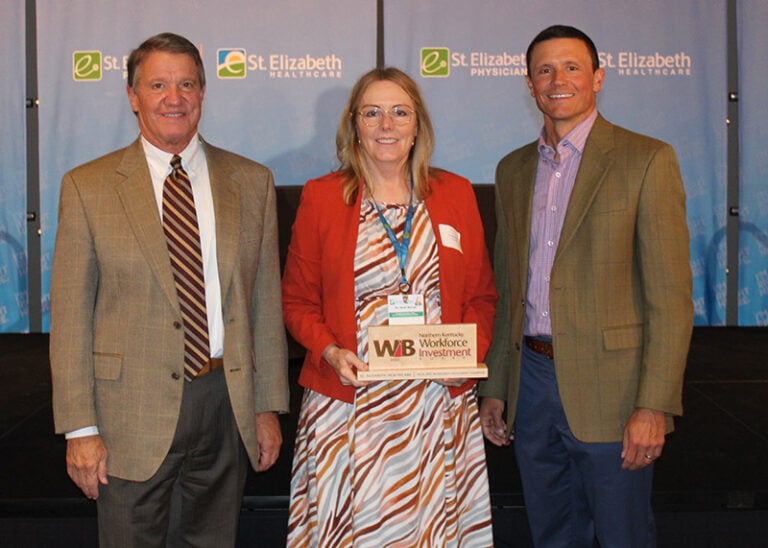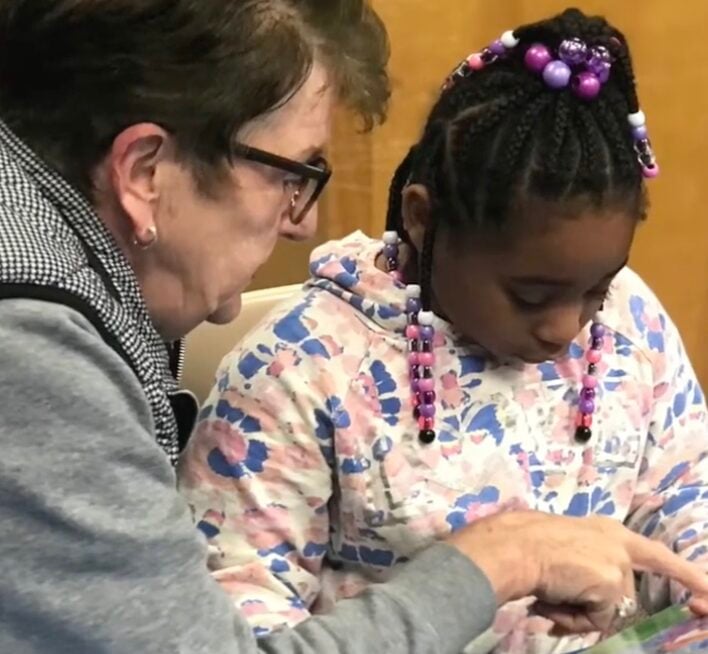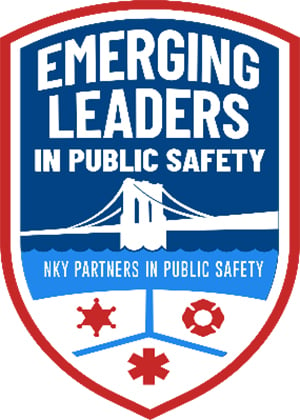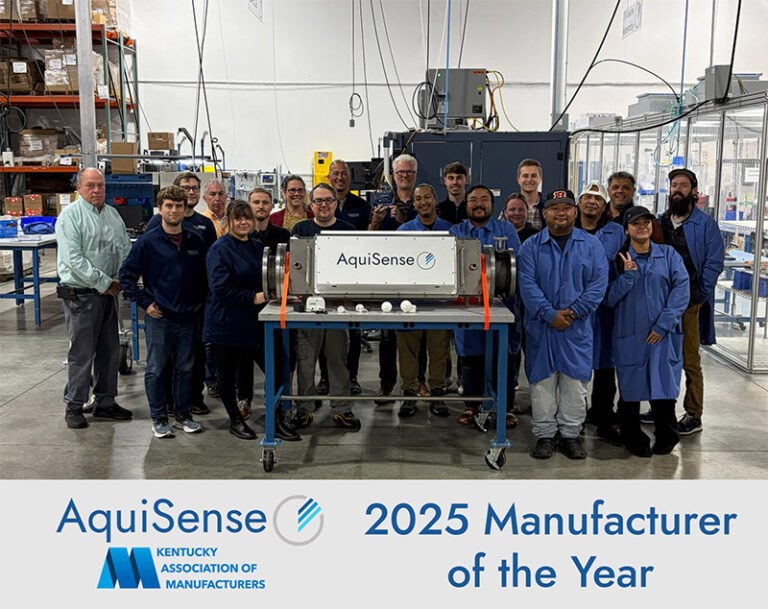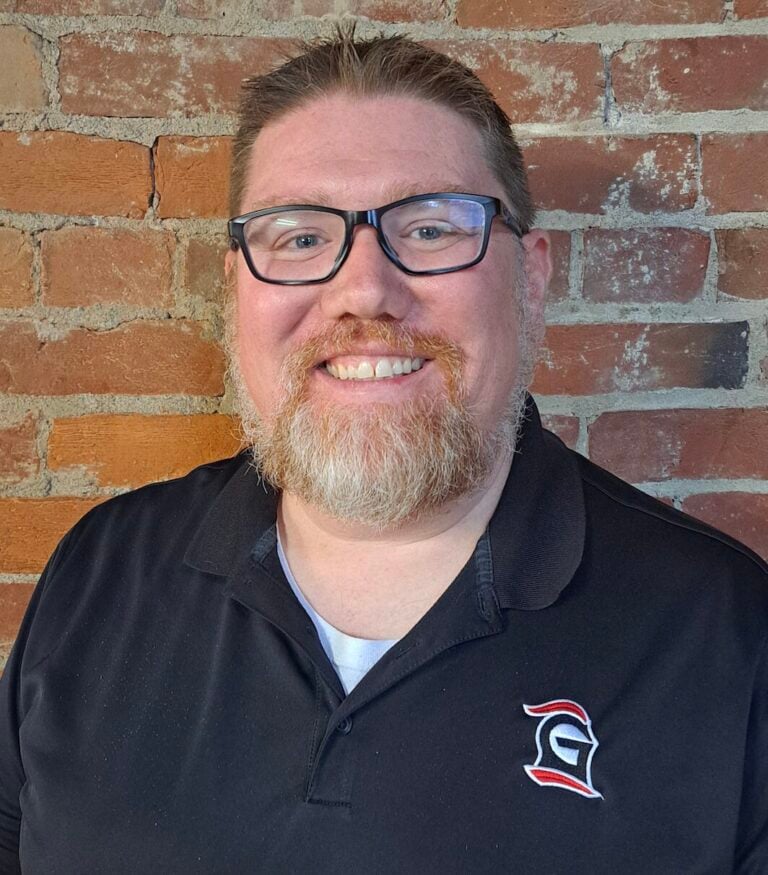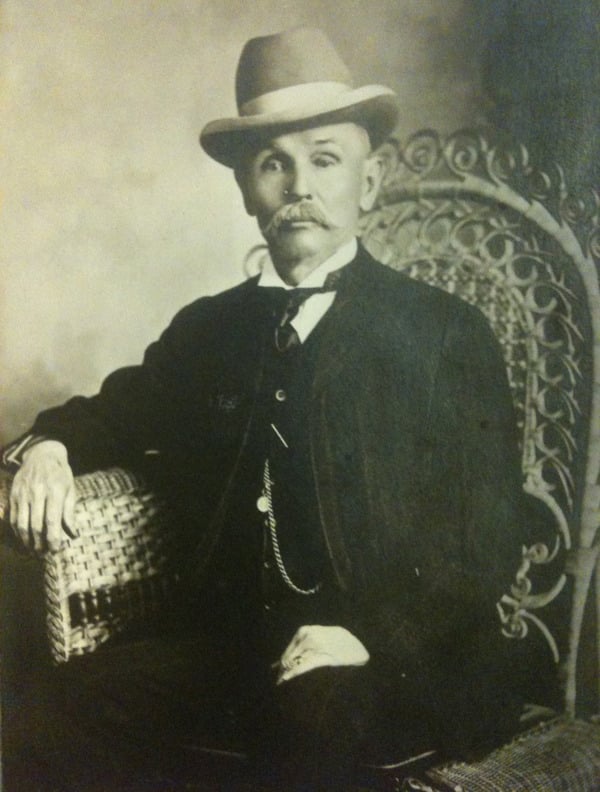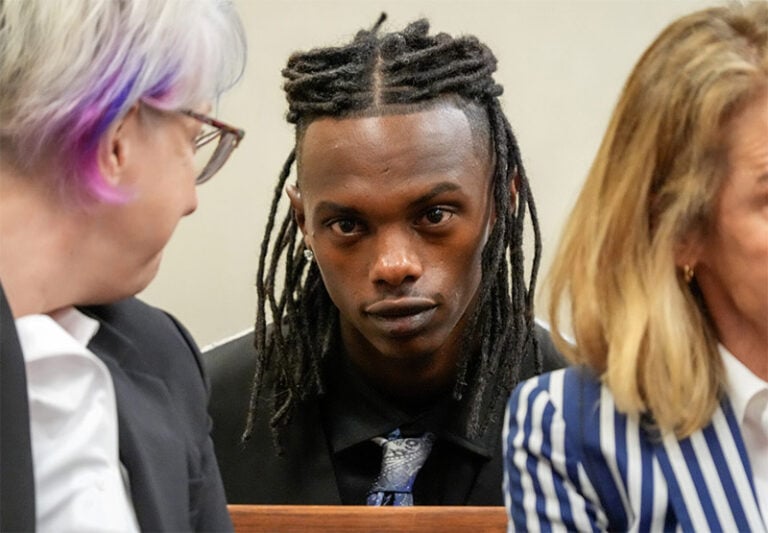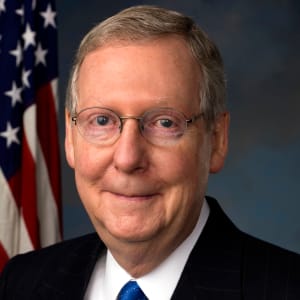Northern Kentucky University will present its 43rd Commencement in three separate ceremonies on Saturday, May 9, for one of its largest graduating classes in its history.
All ceremonies are free and open to the public and will take place at The Bank of Kentucky Center on NKU’s Highland Heights campus. Tickets are not required.
A total of 1,780 students will graduate on May 9, including 141 from the Chase College of Law.
In addition, NKU will award three honorary degrees to Grammy-nominee jazz pianist Fred Hersch, Pulitzer Prize-winning investigative journalist, the late Gary Webb, and attorney William H. Hawkins II.
For a sampling of some of the graduating senior stories from this year’s ceremonies, click the link.
Here is the graduation schedule for the three ceremonies:
9 a.m. Ceremony
Colleges: Arts and Sciences; Haile/US Bank College of Business
Ceremony Begins: 9 a.m.
Doors Open: 8 a.m.
Speaker: Mr. Fred Hersch, 8-Time Grammy nominee solo jazz pianist. Mr. Hersch will be presented with an Honorary Doctor of Musical Arts. (full bio below)
2 p.m. Ceremony
Colleges: Education and Human Services; Health Professions; Informatics
Ceremony Begins: 2 p.m.
Doors Open: 1 p.m.
Speaker: Ms. Susan Stokes, representing Pulitzer Prize-winning investigative journalist Gary Webb. Mr. Webb will receive a posthumous Bachelor of Arts in Journalism. (full bio below)
6 p.m. Ceremony
College: Chase College of Law
Ceremony Begins: 6 p.m.
Doors Open: 5:30 p.m.
Speaker: Mr. William H. Hawkins II, Baker Hostetler LLP (Chase Class of 1978) (full bio below)
Fred Hersch
Proclaimed by Vanity Fair “the most arrestingly innovative pianist in jazz over the last decade,” Fred Hersch balances his internationally recognized instrumental and composing skills with significant achievements as a bandleader, collaborator and theatrical conceptualist. In 2006 he became the first artist in the 75-year history of New York’s legendary Village Vanguard to play a weeklong engagement as a solo pianist. His second solo run at the Vanguard was documented on the 2011 release Alone at the Vanguard, which received Grammy Award nominations for Best Jazz Album and Best Improvised Jazz Solo—two of the eight Grammy nominations Hersch has earned in his more than three dozen recordings as a leader and co-leader.
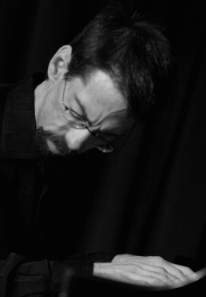
Hersch’s latest trio CD with bassist John Hebert and drummer Eric McPherson, Floating (Palmetto) was nominated for two 2015 Grammy awards in the Best Jazz Album and Best Jazz Solo categories. It reached No. 1 on iTunes Jazz, No. 2 on Amazon Jazz and No. 5 on Billboard Jazz after its release in July, 2014. “Mr. Hersch has been making acclaimed trio releases since his debut album as a leader, 30 years ago,” wrote Nate Chinen of The New York Times. “He hasn’t made one better than this…an extravagantly beautiful new album.” The trio’s two-CD set Alive at the Vanguard was awarded the 2012 Grand Prix du Disque by the Académie Charles Cros in France and named one of the year’s best CDs by Downbeat. Whirl, in 2010, also appeared on numerous best recordings lists.
An artist of unbounded imagination and ambition—”one of the small handful of brilliant musicians of his generation,” as Downbeat put it—Hersch has gained great acclaim for his solo work. In 2006, Palmetto released Fred Hersch In Amsterdam: Live at the Bimhuis and 2009 welcomed his eighth solo disc, Fred Hersch Plays Jobim, cited as one of the year’s Top Ten jazz releases by NPR and the Wall Street Journal. Alone won the Coup de Coeur de l’Académie Charles Cros in 2011, when the Jazz Journalists Association named Hersch its Jazz Pianist of the Year. His solo disc, Fred Hersch SOLO, a live recording, will be released in early September of 2015.
Composing has been a vital and indelible part of Hersch’s live concerts and CDs. In 2003 he created Leaves of Grass (Palmetto Records), a large-scale setting of Walt Whitman’s poetry for two voices (Kurt Elling and Kate McGarry) and an instrumental octet; the work was presented to a sold-out Zankel Hall at Carnegie Hall in 2005 as part of a six-city U.S. tour. Hersch’s 2010 theatrical project, My Coma Dreams, has been performed in Montclair, N.J.; New York City; San Francisco and Berlin. Based on visions Hersch had during a two-month coma in 2008, it includes full-evening work for an actor/singer, 11 instrumentalists and animation/multimedia; Palmetto has released a DVD of the Columbia University performance from November 2014 (available on Amazon). A New York Times Sunday Magazine feature before the debut of My Coma Dreams praised Hersch as “singular among the trailblazers of their art, a largely unsung innovator of this borderless, individualistic jazz—a jazz for the 21st century.”
Hersch and numerous other artists have recorded more than 80 of his jazz compositions. A disc of his through-composed works, Fred Hersch: Concert Music 2001-2006, has been released by Naxos Records. The prestigious firm Edition Peters published these compositions.
In 2014, Hersch garnered his sixth Grammy nomination for his solo on “Duet” from Free Flying, a duo album with guitarist Julian Lage that received a rare 5-Star rating from Downbeat. Hersch has collaborated with an astonishing range of instrumentalists and vocalists throughout worlds of jazz (Joe Henderson, Charlie Haden, Art Farmer, Stan Getz, Bill Frisell); classical (Renée Fleming, Dawn Upshaw, Christopher O’Riley); and Broadway (Audra McDonald). Long admired for his sympathetic work with singers, Hersch has joined with such notable jazz vocalists as Nancy King, Norma Winstone and Kurt Elling. Hersch has featured himself as either a solo performer or at the helm of varied small ensembles, which in addition to his trio include a quintet and as his Pocket Orchestra, an unconventional lineup of piano, trumpet, voice and percussion.
Born in Cincinnati on Oct. 21, 1955, Hersch began playing the piano at age four; he was composing at eight. His awards include a 2003 Guggenheim Memorial Fellowship for composition; a Rockefeller Fellowship for a Bellagio residency; grants from Chamber Music America, The National Endowment for the Arts and Meet the Composer; seven composition residencies at The MacDowell Colony; and commissions from The Gilmore Keyboard Festival, The Doris Duke Foundation, Roomful of Teeth, The Miller Theatre at Columbia University, The Gramercy Trio and The Brooklyn Youth Chorus. Hersch has been a featured guest on CBS Sunday Morning with Dr. Billy Taylor as well as on a variety of National Public Radio programs, including Fresh Air, Jazz Set, Morning Edition, Studio 360 and Marian McPartland’s Piano Jazz.
For two decades Hersch has been a passionate spokesman and fund-raiser for AIDS services and education agencies. He has produced and performed on four benefit recordings and in numerous concerts for charities including Classical Action: Performing Arts Against AIDS and Broadway Cares/Equity Fights AIDS; his efforts have raised more than $300,000. He has also been a keynote speaker and performer at international medical conferences in the U.S. and Europe.
A committed educator, Hersch has taught at The Juilliard School, The New School and The Manhattan School of Music, and conducted a Professional Training Workshop for Young Musicians at The Weill Institute at Carnegie Hall in 2008. He is currently a member of the Jazz Studies faculty of The New England Conservatory and of Rutgers University. Hersch’s influence has been widely felt on a new generation of jazz pianists, from former students Brad Mehldau and Ethan Iverson to his colleague Jason Moran, who has said, “Fred at the piano is like LeBron James on the basketball court. He’s perfection.”
Gary Webb
Gary Webb was an investigative reporter who got his start working as a student reporter at Northern Kentucky University’s independent student newspaper, The Northerner. Webb didn’t finish college, electing instead to become a full-time reporter for The Kentucky Post in 1978, where he developed a taste for investigative reporting.
His work at The Post was recognized with a national Investigative Reporters and Editors Award for a 17-part series examining the murder of a coal company president with ties to organized crime. He then moved to the Cleveland Plain Dealer, where his investigation into problems with Ohio’s State Medical Board earned more accolades.
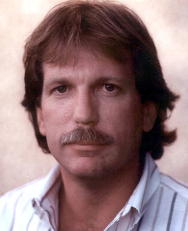
Webb won more than 30 journalism awards during his career. Many of those were earned during his time at the San Jose Mercury News where his work focused on government and private-sector corruption. He was one of six reporters at the Mercury News to win a 1990 Pulitzer Prize for General News Reporting for a series of stories on the collapse of the Cypress Street Viaduct during northern California’s 1989 earthquake. He also received the 1997 Media Hero Award from the Institute for Alternative Journalism and in 1996 was named Journalist of the Year by the Bay Area Society of Professional Journalists.
In August 1996 the Mercury News published Webb’s “Dark Alliance,” a 20,000-word, three-part investigative series which alleged that Nicaraguan drug traffickers had sold and distributed crack cocaine in Los Angeles during the 1980s, and that drug profits were used to fund the CIA-supported Nicaraguan Contras. “Dark Alliance” received national attention. According to the Columbia Journalism Review, the series became “the most talked-about piece of journalism in 1996 and arguably the most famous – some would say infamous – set of articles of the decade.”
Webb reported that many African Americans who had never connected to the Internet before began using the Internet to read his story. “Dark Alliance” created a great controversy and three of America’s largest newspapers – The New York Times, the Los Angeles Times, and The Washington Post – followed up with reports questioning his conclusions. As a result, the Mercury News came under considerable pressure for publishing and supporting the “Dark Alliance” series. Webb was effectively forced out of his job after the Mercury News decided to retract its support for the series.
“Authentic journalism is telling people something that the government doesn’t want them to know,” Webb once said. He took that responsibility seriously, and others noticed. In a review of the “Dark Alliance” series printed in the Baltimore Sun, former executive director of Investigative Reporters and Editors Steve Weinberg wrote that, “Despite some hyped phrasing, ‘Dark Alliance’ appears to be praiseworthy investigative reporting.” The Northern California branch of the national Society of Professional Journalists agreed, voting Webb its “Journalist of the Year” for 1996.
After leaving the Mercury News, he worked as an investigator for the California State Legislature and then the Legislature’s Office of Majority Services. He also continued to do freelance reporting.
In 1998, Webb expanded the controversial series into a book he published titled “Dark Alliance: The CIA, the Contras, and the Crack Cocaine Explosion.” The book won the Pen Oakland Censorship Award and a Firecracker Alternative Book Award the following year.
His story gained new notoriety in 2014 with the release of the feature film “Kill the Messenger,” based on his book. The movie, starring Jeremy Renner as Webb, takes place during his Mercury News days and documents the pressure he faced not to publish the “Dark Alliance” series and the personal attacks he faced after its publication. The film was released to critical acclaim.
Webb was married to Susan Bell from 1979-2000 and they had three children, Ian, Eric, and Christine.
In a chapter he contributed to “The Mighty Wurlitzer Plays On,” Webb wrote about the “Dark Alliance” controversy. “If we had met five years ago, you wouldn’t have found a more staunch defender of the newspaper industry than me…,” he wrote. “And then I wrote some stories that made me realize how sadly misplaced my bliss had been. The reason I’d enjoyed such smooth sailing for so long hadn’t been, as I’d assumed, because I was careful and diligent and good at my job…The trust was that, in all those years, I hadn’t written anything important enough to suppress…”
After struggling with depression after the controversy, Webb committed suicide in 2004.
William H. Hawkins
William H. Hawkins II ’78 has been counsel with Baker Hostetler LLP since 2009 where he serves as a mediator and arbitrator in complex commercial and general litigation matters as well as counsel to numerous national and multi-national corporations.
From 2000 to 2007, he served as senior vice president and general counsel of Convergys Corporation, a publicly traded S&P 500 Company. He was responsible for compliance, corporate security, government relations, and lobbying efforts. He worked closely with the Board and served on the corporation’s executive committee. Prior to Convergys, he was a partner at Frost & Jacobs (now Frost Brown Todd) and served as its Executive Committee Chair.
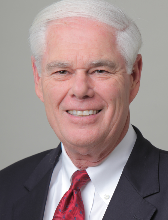
Hawkins is listed in The Best Lawyers in America© and is designated a Distinguished Neutral by the International Institute for Conflict Prevention & Resolution (CPR Institute). He is admitted to practice in the U.S. Supreme Court; U.S. Court of Appeals, Sixth Circuit; U.S. Court of Appeals, Ninth Circuit; U.S. District Court, Southern District of Ohio; U.S. District Court, Eastern District of Kentucky; Kentucky; and Ohio.
Hawkins received his Bachelor of Science from the University of Cincinnati in 1970 followed by a Master of Education from the University of Cincinnati in 1974. Hawkins then obtained his Juris Doctor from The Northern Kentucky University Salmon P. Chase College of Law in 1978.
Hawkins is very active in his community and is an enthusiastic supporter of NKU and NKU Chase College of Law. The Hawkins family is very involved in NKU’s SHEP program, which creates access for NKU students with intellectual disabilities, and Hawkins is a board member with People for Developmental Disabilities Services. He is a member of the NKU Chase Board of Visitors, as well as a faculty member at the University of Cincinnati National Institute of Trial Advocacy. In 2004, Hawkins was one of three recipients of the Chase Gold Medallion for outstanding professional achievement.
He and his wife Kathryn have two children and have recently made a major commitment to Chase in the form of an endowed scholarship and estate planning gift. The William H. and Kathryn F. Hawkins Endowed Scholarship will benefit generations of highly qualified Chase students.
From NKU







